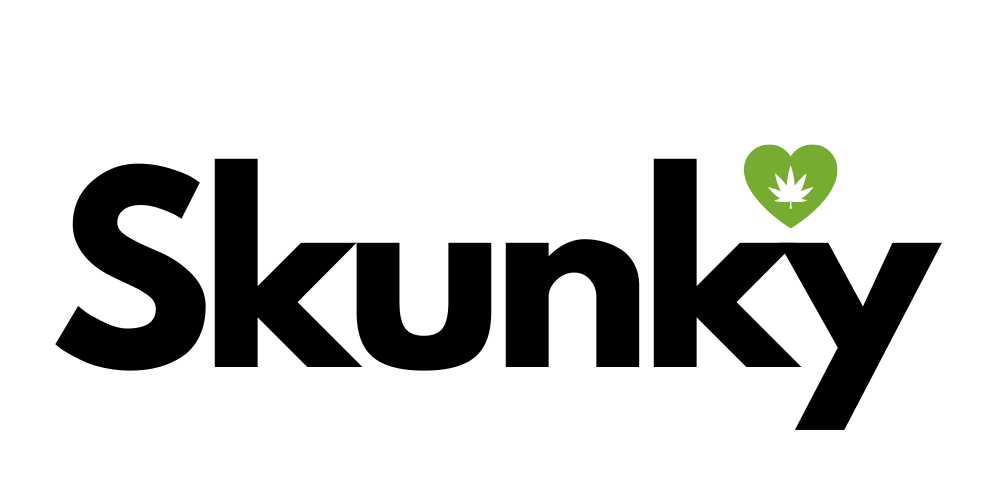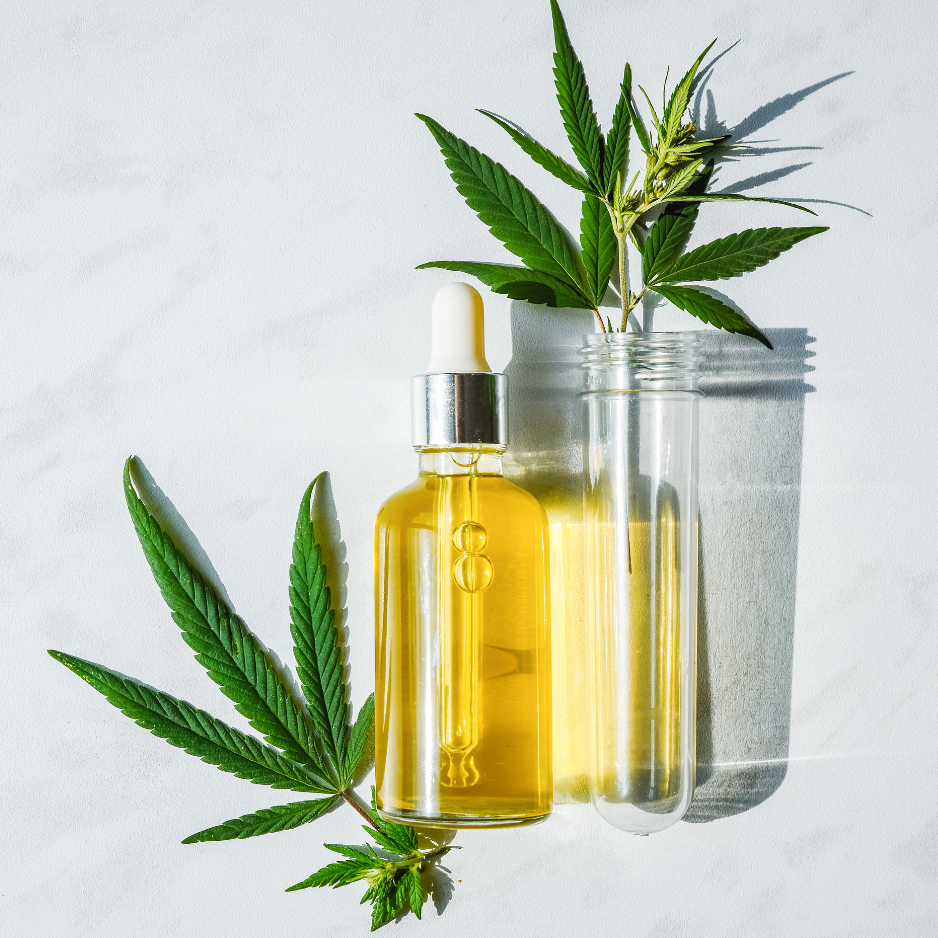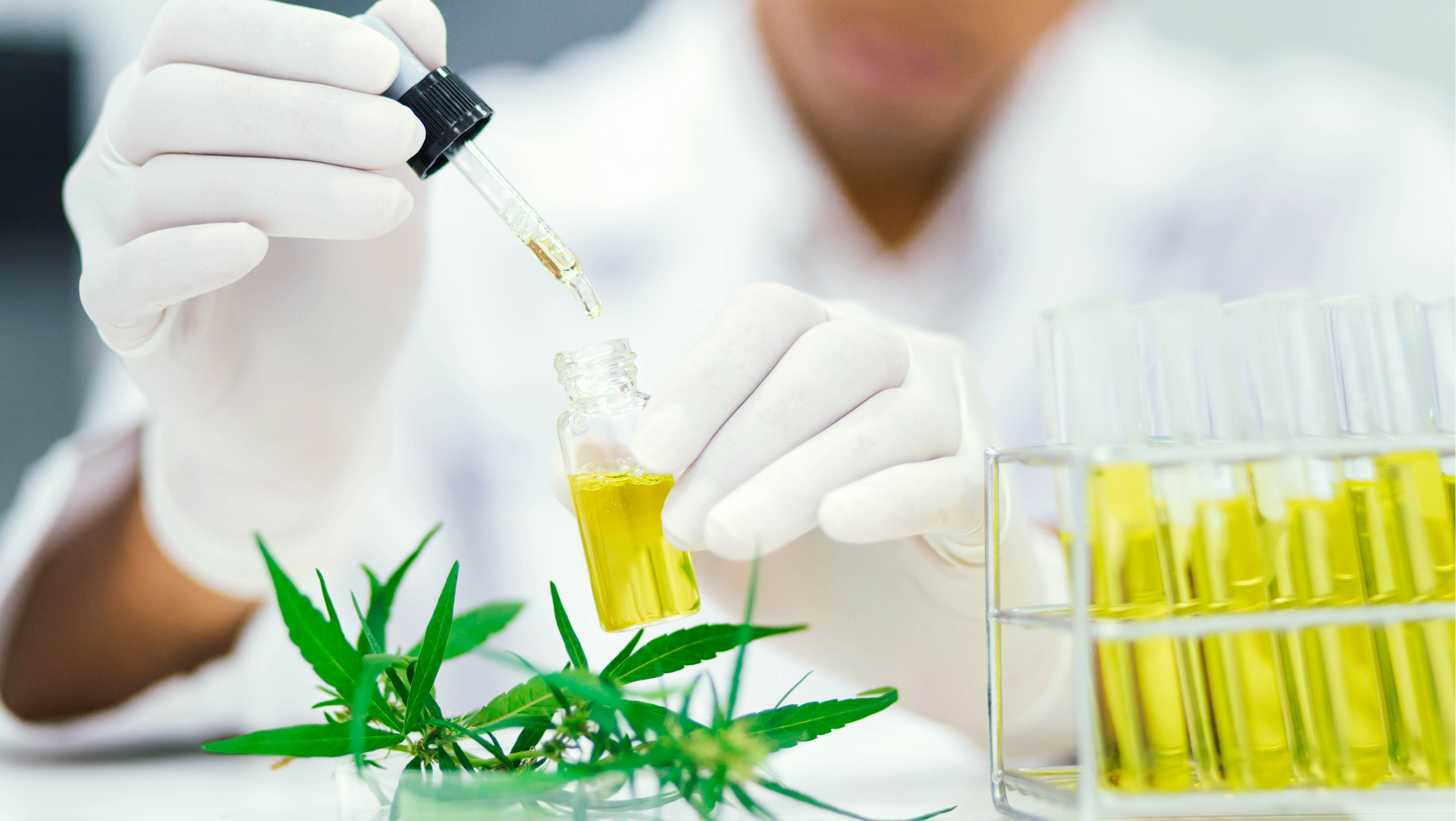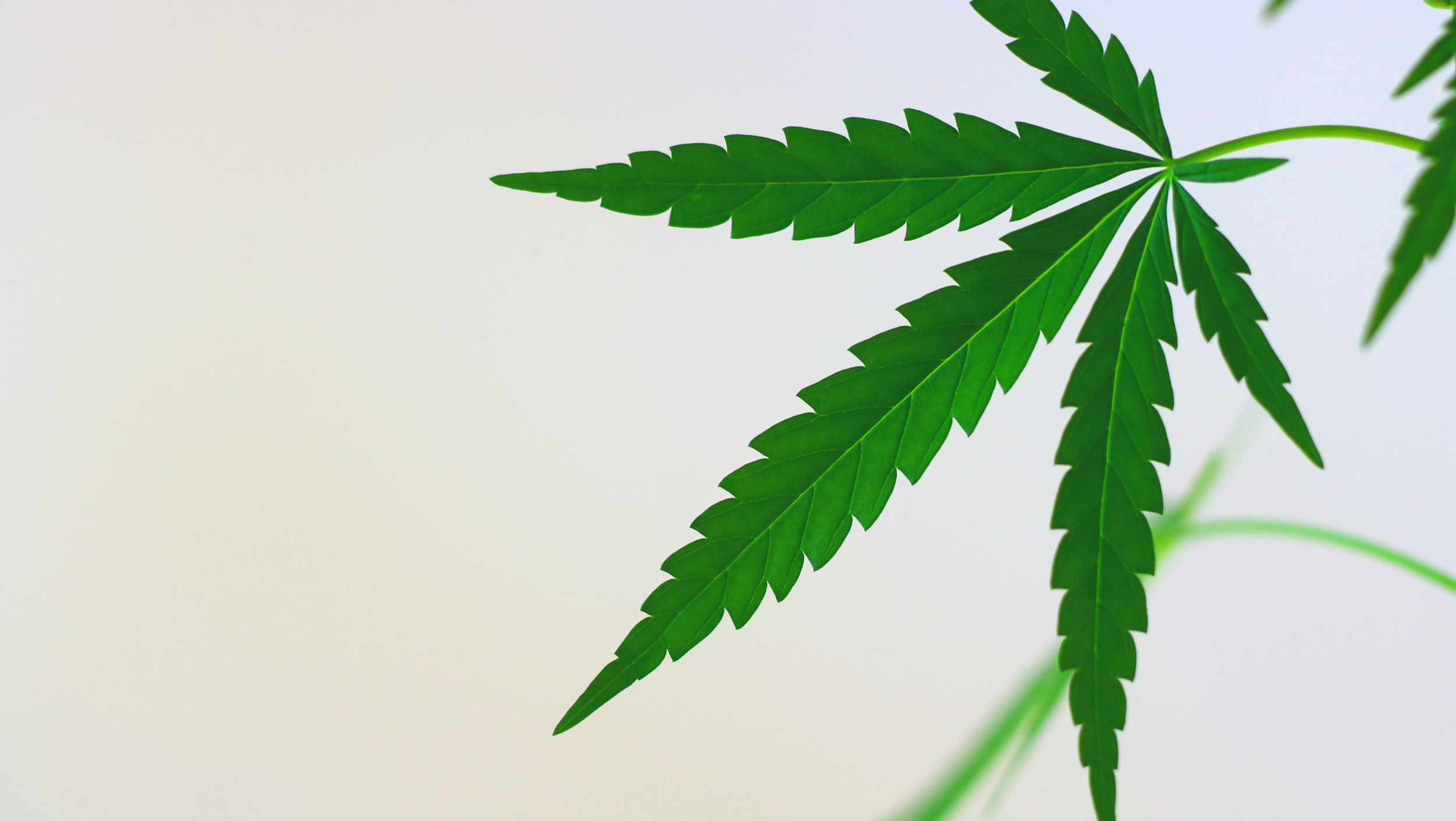
How to Choose the Best Quality CBD?
Wondering how to navigate the vast world of CBD and pick the purest product? Look no further! We're here to guide you through the basics of CBD, starting with its source.
Whether you're learning about CBD for the first time or looking for a deeper understanding, our simple guide is designed to demystify the process and spotlight what factors determine a high quality, premium CBD!
Let's dive in - down the skunk hole, we go!
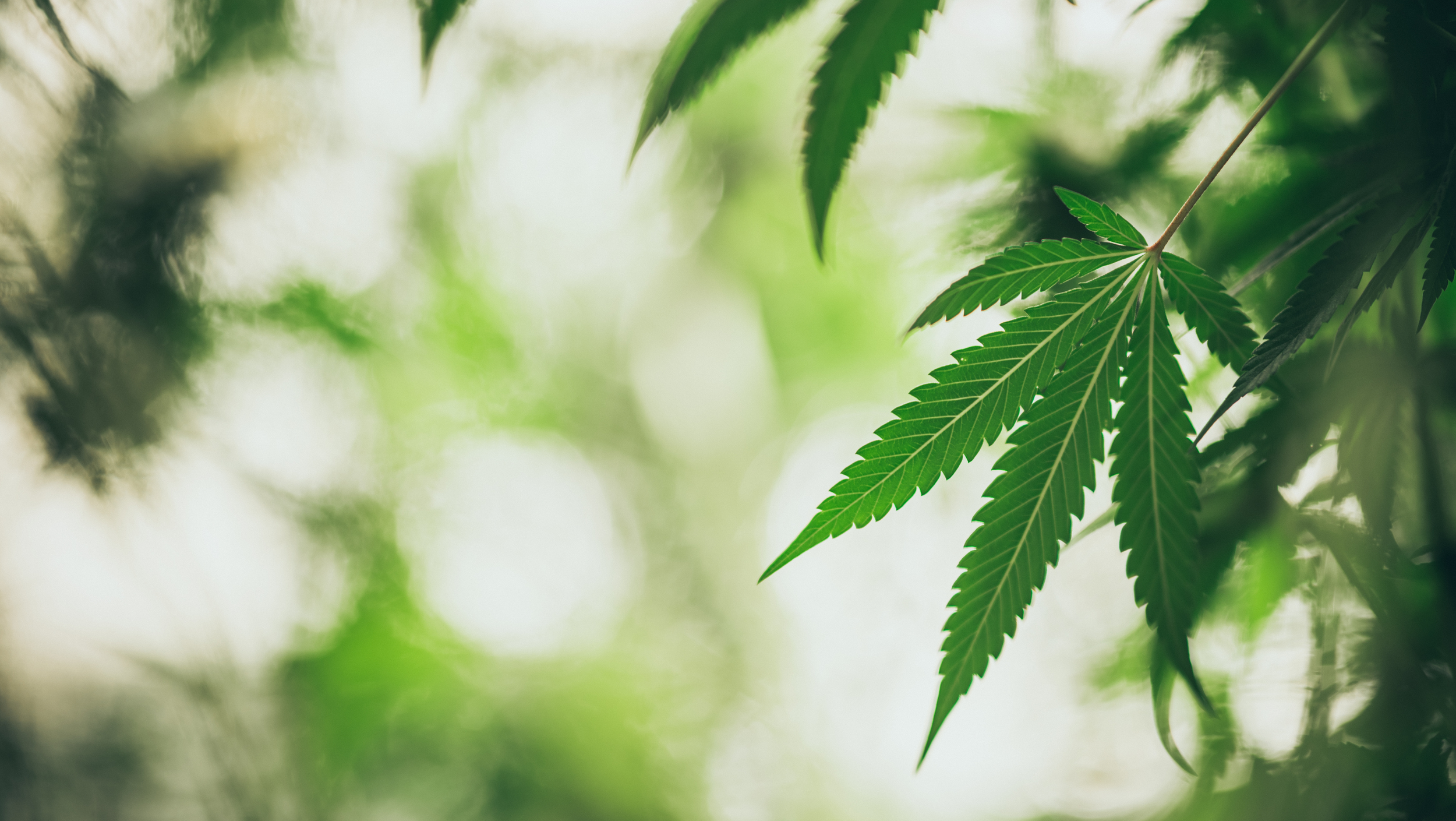
What is CBD, and where does it come from?
CBD stands for Cannabidiol, a naturally occurring chemical compound extracted from the cannabis sativa plant, also commonly referred to as “hemp”. “But wait! Isn’t that marijuana?” Well, yes and no. The answer is a little more complex than you might expect.
What is the difference between hemp and marijuana? It all comes down to THC content.
Hemp is the term most commonly used to describe the plant from which CBD is extracted, but it’s important to understand that hemp is not a separate species from cannabis sativa. Hemp actually refers to a specific type of cannabis plant that has a legal designation of containing 0.3% THC or less. This variation of cannabis has been selectively bred to be low enough in THC to be legally farmed and used for commodities such as for seeds, textiles and (our favorite) - CBD!
Now, why is this important? Because THC (Tetrahydrocannabinol) is the compound responsible for that stereotypical “high” or altered feeling associated with marijuana - which is not only still illegal in some places (or heavily regulated), but also something that many people just want to avoid, or only selectively partake.
Hemp-derived CBD products are all about keeping things mellow - not getting you high. Due to the low THC content, CBD is non-psychoactive and interacts with the body’s endocannabinoid system, a complex network of cell receptors that help maintain physical balance and regulate functions such as sleep, mood, stress, memory, and more.
What is the “purest” source of CBD?
We believe the best CBD products are those extracted from organically-grown hemp plants. Our philosophy is simple: nature knows best, and ensuring purity from the start is critical - which means the best CBD products are sourced from plants grown without the use of synthetic pesticides and/or chemical fertilizers. Why does this matter? Hemp is actually known as a “bio-accumulator,” which is basically like a sponge, meaning there’s a tendency to absorb substances and chemicals from the surrounding environment. This can include pesticides and other unwanted chemicals, which is why opting for a pure, consciously farmed product is key.
Before getting into the CBD business, our founder Ashby dipped his paws into the business of wine making, and learned how additives and impurities can compromise quality and negatively affect the body. This is why we only recommend organic CBD products at Skunky.com, or those grown adhering to organic standards.
Our mission is to help you take the guesswork out of finding the best CBD - so you can rest easy knowing all products recommended here are either 100% certified organic, or on a commensurate level of purity - more on that below.
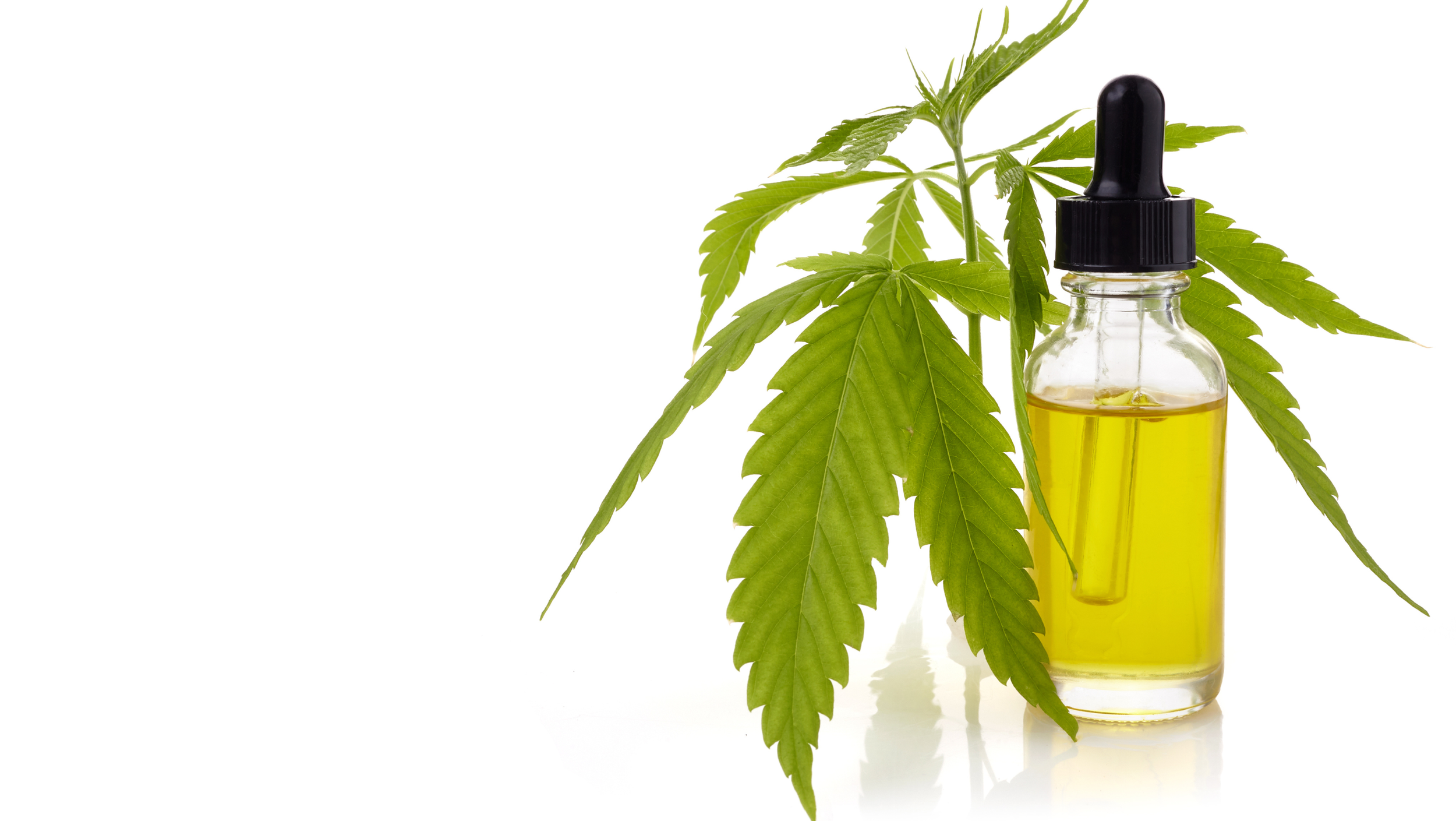
What is the difference between “Certified Organic” CBD and “Organically Grown” CBD?
Not sure how to distinguish a CBD product that’s labeled “certified organic” and one that’s marketed as “organically grown”? Let’s unpack…
USDA certified organic CBD indicates that it meets the precise standards set by the USDA for organic farming, which means no use of synthetic fertilizers, chemicals or pesticides, no GMOs, and strict processing standards. These conditions are verified by a third-party USDA accrediting agent.
On the flip side, many smaller growers and producers may adhere to these same practices but haven’t pursued the certification, or they may still be in a transitional phase, which can take years to complete. This is why you’ll sometimes see phrases like “organically grown” without the certification - it doesn’t necessarily mean a lesser quality product, rather it just requires more of a deep dive into the ethos and credibility of the company or brand in question. The good news? With all of our recommendations, we’ve done that for you.
What is the best method of CBD extraction?
Almost equally important as organic growing practices is the method of extraction used during the production process. Our recommended CBD brands utilize a method known as CO2 extraction (also known as Supercritical Fluid Extraction, or SFE), a process that utilizes carbon dioxide under high pressure and low temperature to extract cannabinoids from cannabis. This state of carbon dioxide allows it to act effectively as a solvent, without the need for toxic chemicals or extreme heat. It's a straightforward and efficient way to extract CBD, ensuring that the compound is captured in its purest form, with minimal processing.
Other extraction techniques include solvent extraction, which while effective can leave residual chemicals that aren’t conducive to health, or olive oil extraction, which while still “natural,” yields a more perishable product that’s also less concentrated - meaning you’ll have to consume more CBD to achieve your desired effect, and it can go rancid relatively quickly.
We’ve done extensive research on the ABC’s of CBD so you don’t have to!
After all our digging, we’ve concluded that the Co2 extraction is the best method to maintain a pure product. This technique is not only effective for extracting high-quality CBD but is also environmentally friendly. The CO2 used in the extraction process can be recycled and reused, minimizing waste and avoiding the introduction of harmful substances, thus making it the most sustainable option with the least environmental impact. Being kind to nature while simultaneously enjoying one of nature’s best remedies …we’re all about that!
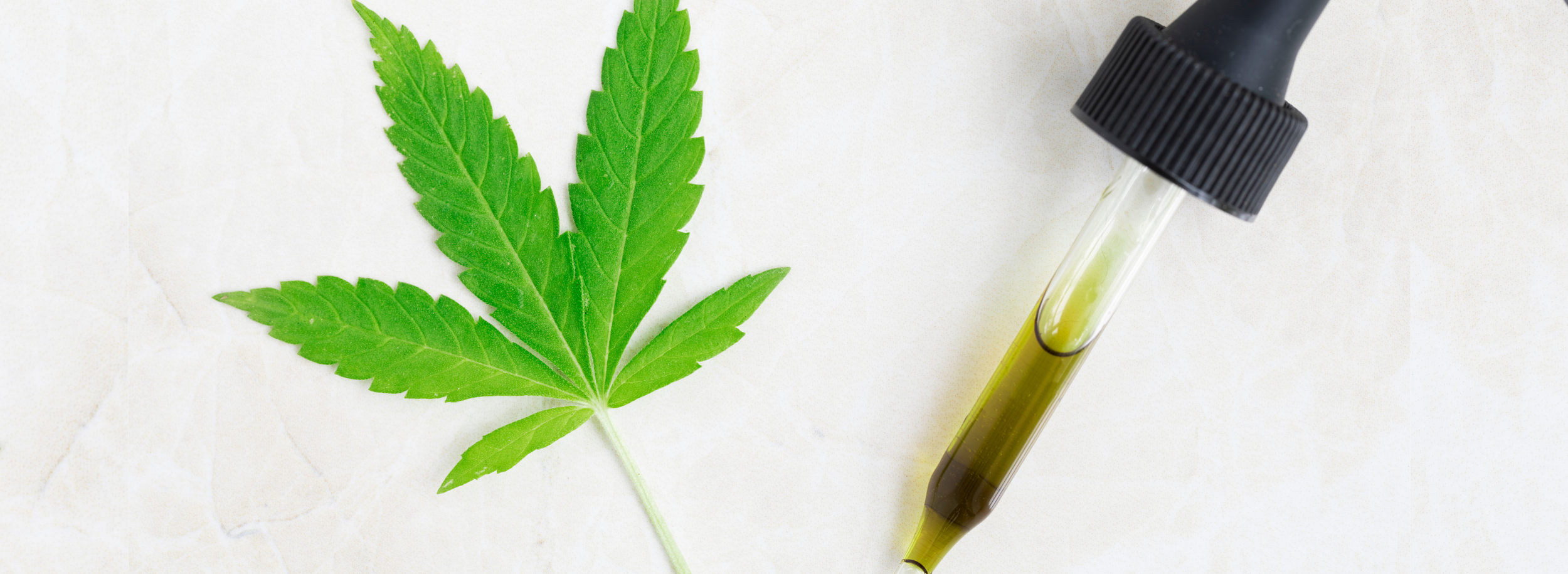
What is the best CBD dosage?
Every CBD product should clearly list the amount of CBD in milligrams right on the label. Since there's no one-size-fits-all dosage—everyone's different and research is still catching up—the guidance you find on these labels tends to be pretty broad and not super specific. It's more of a general starting point than a precise prescription.
Finding the right CBD dosage is a personal journey because everyone's body responds differently to it. We recommended first-time users start with a low dose and gradually increase it, allowing you to monitor your body's reaction and figure out what best works for you.
Remember, there's no universal dosage that works for everyone, so taking it slow and adjusting as needed is best. Keep track of how you feel with each adjustment to find your ideal balance.
What does third-party research mean for CBD purity?
The CBD market isn't heavily regulated yet, which means it’s up to each individual brand to demonstrate the quality and safety of their products. The simplest way to do this? Third party laboratory testing. These independent labs have no financial stake in the company, and conduct extensive tests on the products, testing for the exact amount of CBD, the full spectrum of phytochemicals present, and scanning for any harmful or unnecessary additives. Third party lab testing is the best assurance of quality CBD you can get.
Lab testing is a powerful way for brands to showcase the purity of their product, so they are usually transparent about their results. When it comes to top quality CBD products, lab results will speak for themselves - there’s only two categories: the best and the rest.
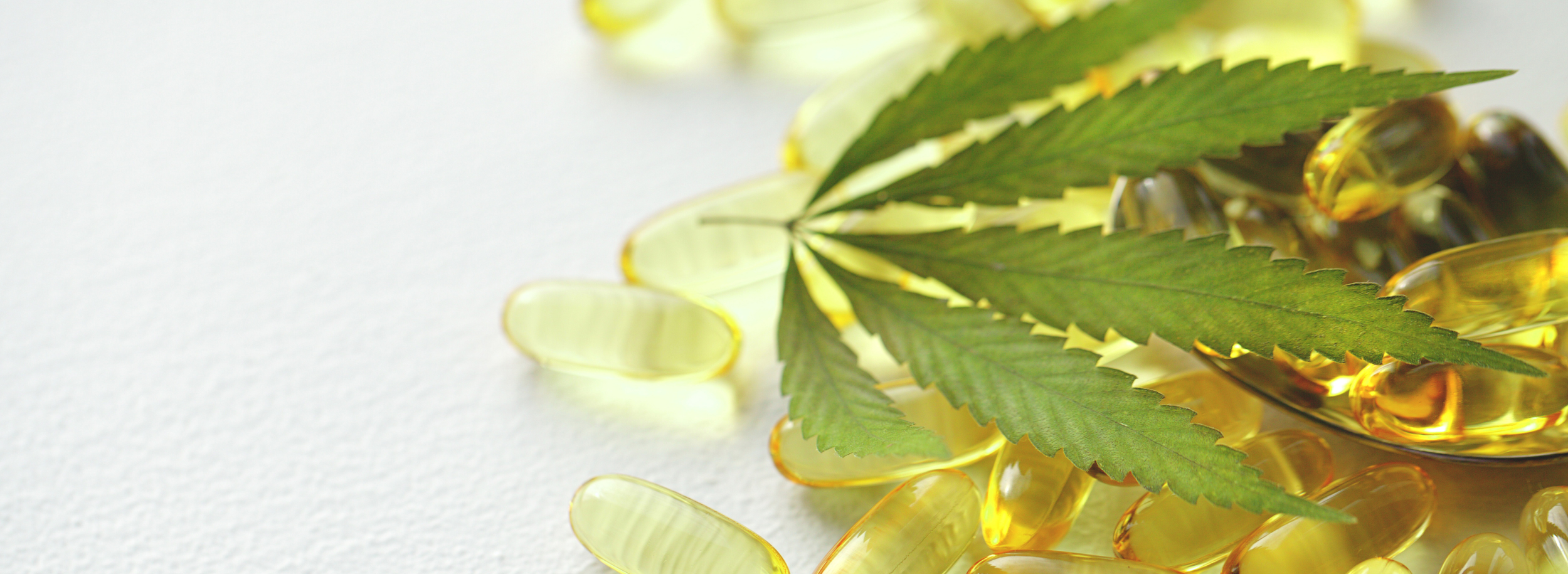
What determines a reputable CBD company?
Another important factor when choosing a quality CBD is the reputation of the brand itself. It’s critical to familiarize yourself with the company behind the product, so take time to read their testimonials, examine their lab test results, and check out their website, company history and mission to see if you feel an alignment.
The lack of regulation in the space - and recent explosion of new brands in the last few years - also creates opportunities for less than ethical companies to try and “cash in” with empty marketing promises and poor quality products that just don’t make the cut.
Similar to the world of nutritional supplements, an ethical company with a clear mission and earnest commitment to quality stands out, and creates products that deliver results.
This is why you’ll only find products from the most honest, ethical and “high vibe” companies recommended on Skunky.com
The Skunky promise: our commitment to you.
Listen, we get it, not everyone has the time or interest to deep dive down the “skunk-hole” and research the highest quality CBD products. Life’s stressful enough, but choosing a CBD shouldn’t be!
That’s why we've taken it upon ourselves to sift through the market for you, and are proud to share our best finds with you here.
The CBD products recommended on Skunky.com are the best of the best, manufactured to organic standards, and with uncompromising quality and purity.That’s the Skunky promise. Why? Because your body and mind deserve the best.♡
References:
Simiyu DC, Jang JH, Lee OR. Understanding Cannabis sativa L.: Current Status of Propagation, Use, Legalization, and Haploid-Inducer-Mediated Genetic Engineering. Plants (Basel). 2022 May 2;11(9):1236. doi: 10.3390/plants11091236. PMID: 35567237; PMCID: PMC9104644.
Smith CJ, Vergara D, Keegan B, Jikomes N. The phytochemical diversity of commercial Cannabis in the United States. PLoS One. 2022 May 19;17(5):e0267498. doi: 10.1371/journal.pone.0267498. PMID: 35588111; PMCID: PMC9119530.
Stefkov G, Cvetkovikj Karanfilova I, Stoilkovska Gjorgievska V, Trajkovska A, Geskovski N, Karapandzova M, Kulevanova S. Analytical Techniques for Phytocannabinoid Profiling of Cannabis and Cannabis-Based Products-A Comprehensive Review. Molecules. 2022 Feb 1;27(3):975. doi: 10.3390/molecules27030975. PMID: 35164240; PMCID: PMC8838193.
United States Department of Agriculture. “Understanding the USDA Organic Label.” USDA.gov, July 22, 2016.
